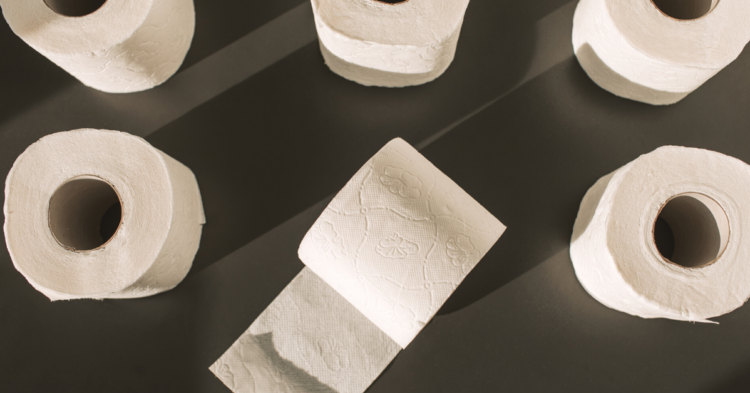Being stuck somewhere you can’t escape and desperately needing to go to the bathroom is one of the worst feelings out there. For that reason, or a number of others, many pick up the habit of going to the bathroom “just in case” before they leave to go anywhere.
Little do you know, that could potentially throw some of your systems totally out of whack. Don’t just listen to me, though, listen to a registered physical therapist explain why you should stop going ‘just in case’.
Urging your family to use the bathroom “just in case” before a trip is a time honored tradition.

But did you know that doing that frequently can actually cause dysregulation in your bladder’s sensors?
Dr. Alicia Jeffrey-Thomas, who goes by @scrambledjam on TikTok, is a pelvic floor physical therapist who explains just what can happen when someone goes “just in case” too often.
This is geared mainly towards those who go before leaving the house to avoid using public bathrooms, but can apply to anyone who does it.

“A very commonly asked question, why should we not pee just in case?” she starts, letting viewers know they aren’t alone in their curiosity.
“If we often find ourselves going ‘just in case’ before we leave the house to do a quick errand or whatever, we’re essentially training our bodies to send that signal to pee more often.”
She then provides us an illustrated guide of a human bladder, describing the levels it has.

“Your bladder essentially has three levels of sensation that it’s filling,” she explains.
“The first level tells you- is just an awareness level that there’s some urine in there, the second level tells you to make a plan to go to the bathroom, and then the third level is the panic button that tells you ‘holy crap get me in there I’m about to overflow’.”
She then goes on to explain how going “just in case” affects those levels.

“If we’re repeatedly going ‘just in case’ before we actually get the signal that we need to go, then it teaches your brain to shift [the second level] down so that you’re feeling that sensation to go more often.”
But, as with anything, there are exceptions.

As she gladly tells us, “Exceptions to the ‘just in case’ rule would be before bed once, before or after sex is fine, and if you’re going to be in the car for more than an hour, sure. By all means, go once beforehand.”
“But let’s not use a ‘just in case’ to avoid going to the bathroom in public, because it’s actually safe to sit on a public toilet seat and use a public bathroom.”
In a follow-up video, she addresses someone who doesn’t get any signals until it’s dire, saying this is what “just in cases” can lead to.

Essentially, if this habit is kept up for long enough, it can cause all the sensor levels to lower, not just the second one. If they all lower enough, they’ll be so close together that they’re almost indistinguishable, even if your bladder isn’t actually full.
Dr. Jeffery-Thomas is doing her part to dispell myths like this, one TikTok at a time.

It’s clear she cares very much about her job, and enjoys it too, wanting everyone to have proper pelvic health in every regard.
In a more recent video, she shows off a comment of someone saying they stopped going to the bathroom ‘just in case’ and can tell it’s working in regards to how often they feel they need to go, meaning she knows her stuff and is positively impacting people!

















































